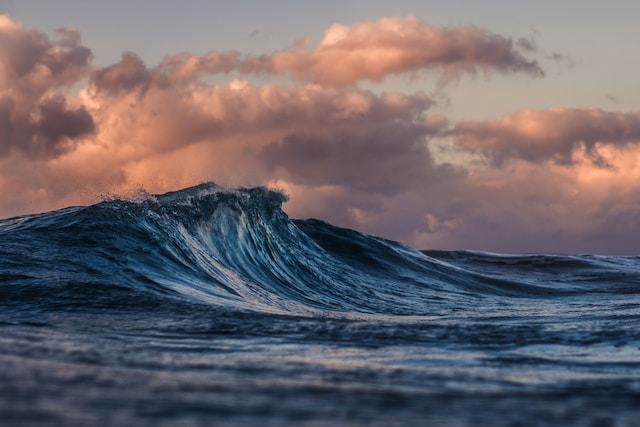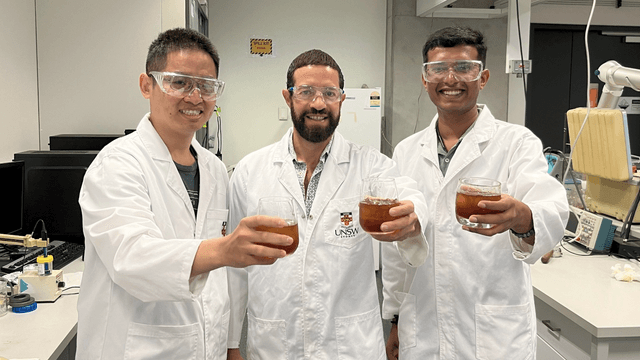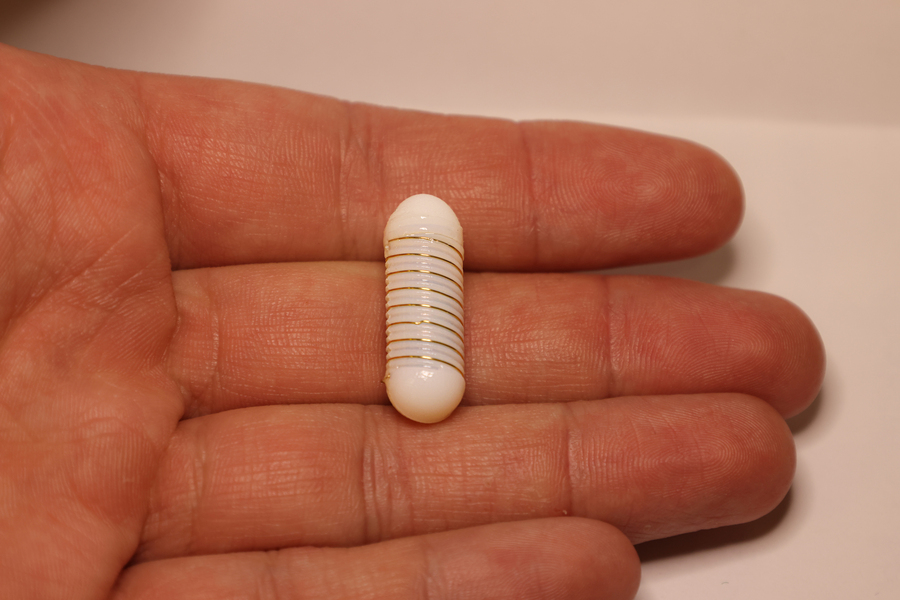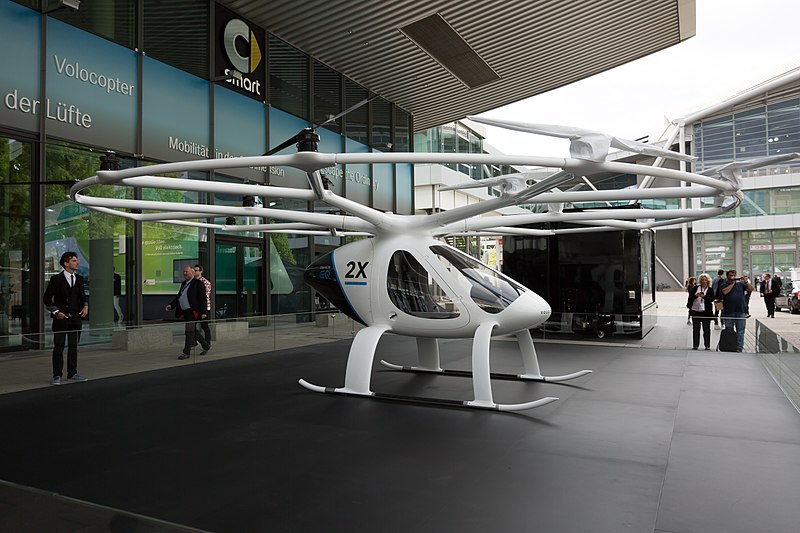The U.S. Department of Energy (DOE) recently announced that seven innovative projects in the field of marine energy will receive funding of nearly $10 million. Examples of marine energy sources include wave, tidal, ocean, and river currents, which are abundant, predictable, and complement renewable energy sources. The projects are part of DOE’s Water Power Technologies Office’s (WPTO) Powering the Blue Economy™ Initiative. Furthermore, the investments advance research on wave-powered technology for seawater desalination.
As said by Alejandro Moreno, Acting Assistant Secretary for Energy Efficiency and Renewable Energy, “Marine energy technologies have incredible potential to provide clean electricity as well as clean water,”, adding that “These projects represent DOE’s first significant investment in marine energy serving the blue economy market, and will advance technologies that can meet these needs and help achieve President Biden’s goal of a net-zero-emissions economy by 2050.”
The four focus areas and the seven awarded projects include:
Proving robust and reliable designs of wave-powered desalination systems
⦁ Oneka Technologies USA, Inc.’s Oneka IceCube—Emergency Relief Wave-Powered Desalination (Fort Pierce, FL)
⦁ Sea Potential, LLC’s DUO-DS Wave-Powered Desalination System Sea Trials (New Canaan, CT)
⦁ Water Bros Desalination, LLC’s Long-Duration Testing and Scalability of a Lightweight, Rapidly Deployable, Wave-Powered Reverse Osmosis System (Charlotte, NC)
Reducing risk and validating novel components in wave-powered desalination systems
⦁ Oneka Technologies USA, Inc.’s Oneka IceCube—Subcomponents Breakthrough Innovations for Wave-Powered Desalination (Fort Pierce, FL)
⦁ North Carolina State University’s Co-Design of the Pumping System and Controller for a Mobile, Anchorless, Wave-Powered Desalination Platform (Raleigh, NC)
Supporting advancements in marine energy desalination more broadly
⦁ Binghamton University’s Off-Grid Tidal Turbine-Driven Centrifugal Reverse Osmosis System (Binghamton, NY)
Evaluating the feasibility of establishing an ocean current testing facility to share testing costs across many developers and reduce barriers to testing
⦁ Florida Atlantic University’s U.S. Ocean Current Marine Energy Test Facility Feasibility Assessment (Boca Raton, FL)







